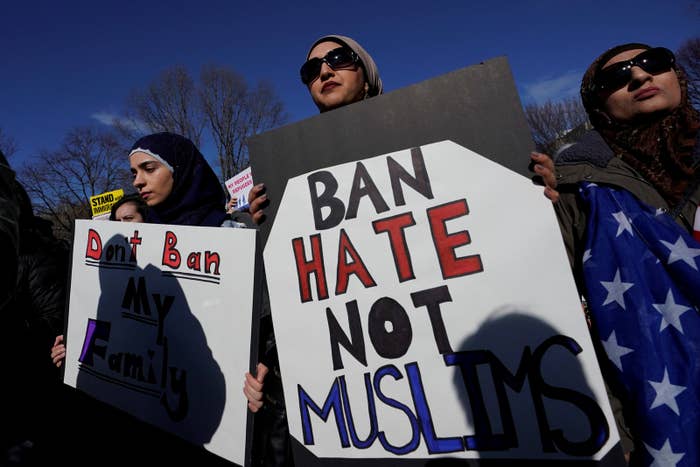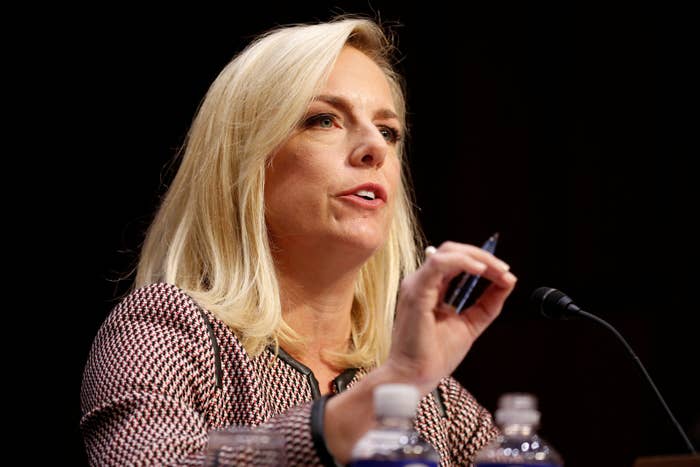
The Trump administration on Monday said it would resume admitting refugees from 11 countries that had been subject to a 90-day pause in admissions, but with additional screening and vetting for immigrants considered “high risk.”
Senior administration officials said the Department of Homeland Security also would be administering the US Refugee Admissions Program in a more risk-based manner when looking at admission ceilings, regional allocations, and groups of applicants considered for resettlement.
The changes also call for a periodic review of countries considered high risk. Many of the new security procedures are expected to be in place by the end of June, officials said.
“It’s critically important that we know who is entering the United States,” DHS Secretary Kirstjen Nielsen said in a statement. “These additional security measures will make it harder for bad actors to exploit our refugee program, and they will ensure we take a more risk-based approach to protecting the homeland.”

The predominantly Muslim countries affected by the pause, which Trump ordered in October, were Egypt, Iran, Iraq, Libya, Mali, North Korea, Somalia, South Sudan, Sudan, Syria, and Yemen.
On the call with reporters, senior administration officials declined to name the 11 countries.
During the pause, applications from refugees from those countries were considered on a case-by-case basis.
The pause was instituted at the same time that the Trump administration resumed admitting refugees from other nations after a four-month suspension of all refugee admissions that Trump had ordered in June as part of his travel ban.
The refugee pause was controversial because most of the countries were Muslim majority. But senior administration officials on Monday denied that religion had played a part.
“Our admissions have nothing to do with religion in any way, shape, or form when it comes to these revised prioritizations,” a senior official said. “The goal here is to uphold our humanitarian obligations while at the same time developing the right levels of security checks that need to happen.”
